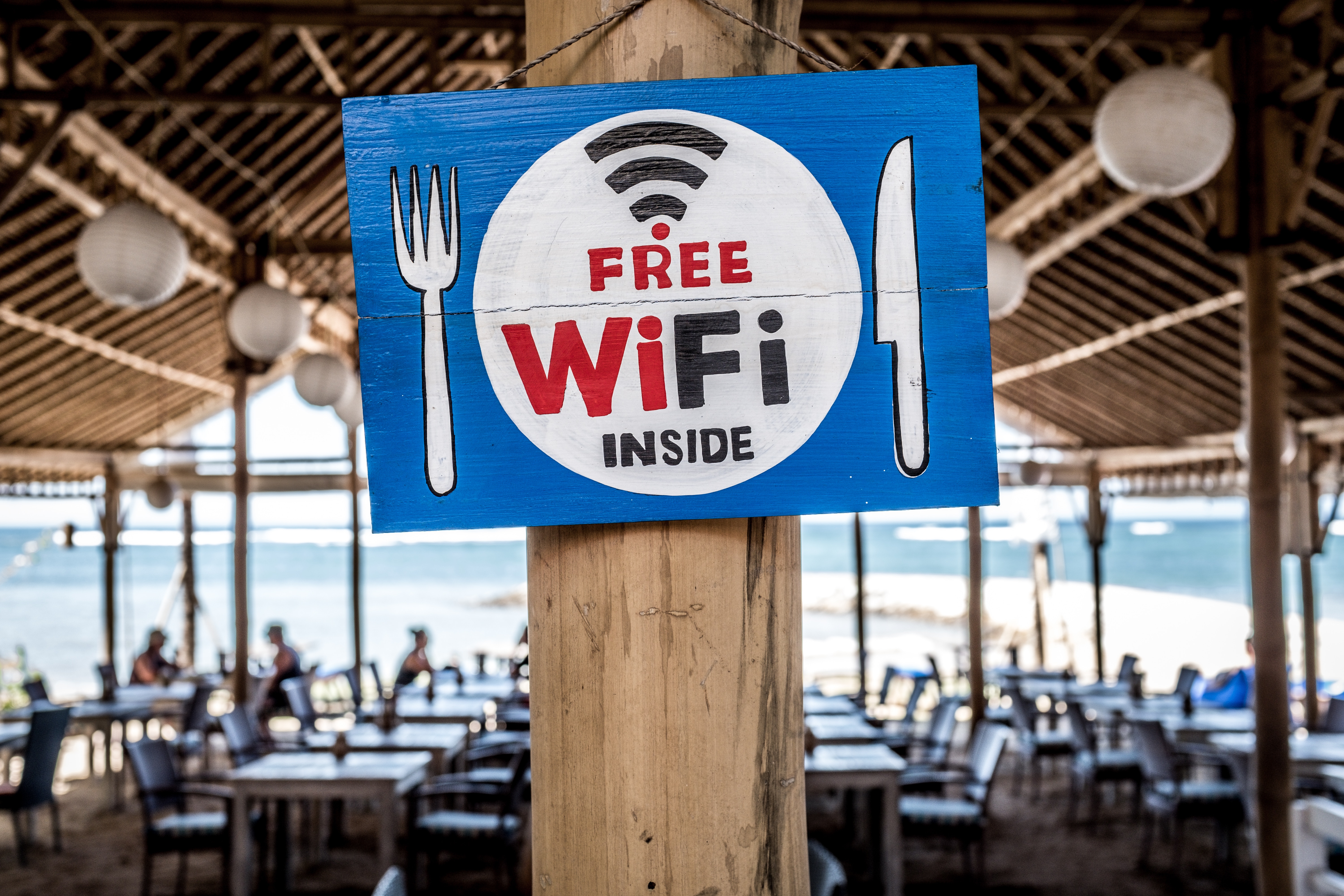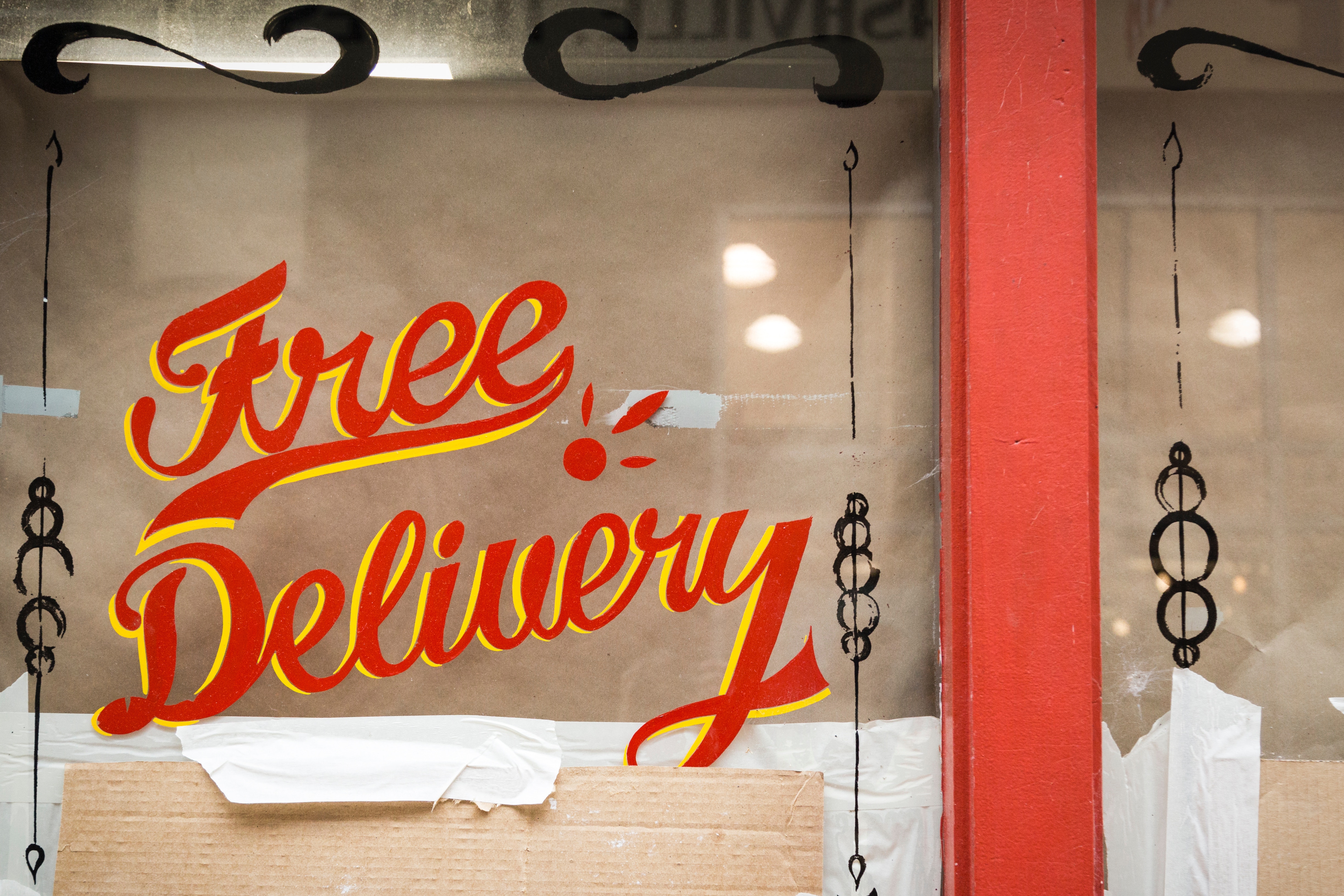Top Five Restaurant Marketing Trends for 2019
3 Min Read By Paul Davidescu , Jjay Krishnan
2018 presented some game-changing ways for restaurants to elevate their customer experiences both inside and outside of their four walls. Patron behaviors continued to trend more towards video, food delivery, conscious consumerism, and personalized one-to-one marketing.
What's in store for 2019?
Instagram Bets it All on Video
“By 2021, mobile video will account for 78 percent of total mobile data traffic" – Instagram (2018). This was when IGTV was announced, a blatant attack on YouTube, their next victim after Snapchat,. IGTV focuses on long-form content and it’s a key tool for brands and restaurants with adequate resources – if you’re not quite there, not to worry, the highly accessible Instagram Stories exploded with user adoption and feature improvements.

Instagram solidified its dominance over Snapchat and others in the 24-hour-long video game by launching almost one dozen features to its Instagram Stories which now boast over 400 million daily active users. The new features weaponize businesses’ ability to engage customers through polls, Q&A, live streaming, and Instagram highlights. In fact, Instagram Stories might be cannibalizing the permanent feed as more people scroll left to right on Instagram Stories before they scroll down.
Paid Facebook and Instagram Ads Become Non-Negotiables
Facebook’s organic reach was 2.27 percent in 2015 ( currently under 1 percent) and Instagram’s last announced organic reach was 30 percent a couple years ago – this means that very little of your hard-earned followers are seeing your posts unless you pay to boost or you hit virality. If you’re still just posting organically, note that the main value is to brand yourself when people cross reference you in their buyer journey, the effectiveness of those to gain you new customers has diminished drastically.
If you want to be proactive about pushing a new menu item, new revenue opportunities like delivery/catering, or a hiring announcement, to reach a very targeted audience, paid ads are your answer. Here is a neighbourhood pub that leveraged paid advertisements in combination with influencers and video marketing to net over $20,000 in extra revenue this July.
Wi-Fi Marketing Goes Mainstream and Email Marketing Makes a Comeback
As social media platforms continue to steal all the spotlight, the highest conversion platform of all is being reinvigorated in a big way; email marketing. Sending low-value mass emails to your entire mailing list risks losing customers forever, however, when it’s highly relevant to each patron, they actually look forward to your emails.

Thanks to the flood of WiFi marketing suppliers like Zenreach and Yelp-WiFi, more restaurants are giving away free Wi-Fi in exchange for basic customer data like their emails and phone numbers. Every time a patron comes back, this is automatically tracked by the software, allowing proprietors to send segmented emails with the highest precision of personalization based on the user's displayed behavior.
For example, patrons who come back ten times can get an instant reward via email and on the contrary, patrons who haven’t come back for an extended period of time can be lured back with incentives exclusive to them. Canadian franchise Great Wings, generated more than $300,000 in revenue from WiFi Marketing email campaigns in six months across nine locations.
Food Delivery and Artificial Intelligence Begin to Converge
"$200 billion — one-quarter of all restaurant industry sales — will shift to digital ordering and delivery over the next five years.” Piper Jaffray, Restaurant Industry Expert.
You’ve probably been keeping up with the rising trend of food delivery outlets but perhaps you weren’t this aware of how fast it's actually growing.

For proprietors that want to avoid commissions from the Uber Eats of the world, there are many white-label suppliers starting to pop up, providing you the software to both fulfill and deliver orders fairly inexpensively. A key caveat, however, is that you need to have a strong marketing program to make up for the marketing you would otherwise be having on Uber Eats and the rest of the platforms.
To help focus internal marketing efforts on food delivery, companies like Say2Eat are using bot technology to allow merchants to re-target digital diners through Facebook, Twitter, SMS, and even the new voice assistants that many people are adding onto their holiday wish lists.
Conscious Consumers Prevail
75 percent of Millennials care about whether a company practices social responsibility instead of just making a profit. Purpose-driven marketing is a pivotal way to differentiate and contribute to a local community. This trend ranges anywhere from charity events, donating proceeds of meals to charity via companies like Mealshare, or banning plastic straws – a trend that exploded in mid-2018.
This July, Seattle became the first major city to ban the distribution of plastic drinking straws and utensils which led to the Seattle-based Starbucks franchise to switch to straw-less lids in its shops throughout the country. Shake Shack recently also joined the movement and McDonald's has set a target timeline of 2025 to phase out its own non-compostable utensils.



